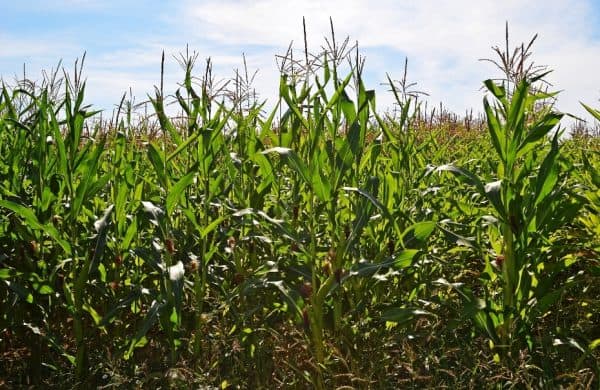Harro Bouwmeester received a Proof of Concept Grant funded by the European Research Council (ERC) for the project LGSMAIZE. With this grant we will test whether it is possible to genetically modify African maize genotypes so they become resistant to parasitic witchweeds. This can be an enormous asset in the fight against witchweed.
The parasitic witchweeds pose an enormous threat for production of cereal crops, such as maize, especially in the African continent. Witchweed seeds can lay dormant in the soil until their germination is triggered by strigolactones that are exuded by the roots of maize. In our research, we found a North-American cultivar that is resistant to witchweed, but is not adapted to the African climate. It carries a mutation altering the composition of the strigolactones which results in less germination, and less witchweed infection. Together with researchers, Pooja Bhatnagar and Amos Alonya of the International Maize and Wheat Improvement Center (CIMMYT) we will test whether mutating this gene in African maize genotypes will result in the same result. This will also be tested in the field in Kenya to test this in a relevant agricultural setting. If this works, this will create a new opportunity to control witchweed infection in maize in Africa.
The ERC Proof of Concept competition is open only to ERC grantees. Worth €150.000 each, the grants will be used to explore the commercial or societal potential of the results of grantees research projects. This funding is part of the EU’s research and innovation programme, Horizon Europe. Find an overview of the 55 recipients of this ERC Proof of Concept call here on the ERC website.
